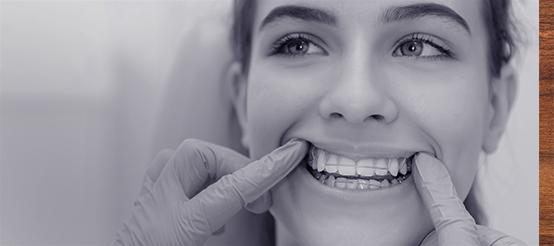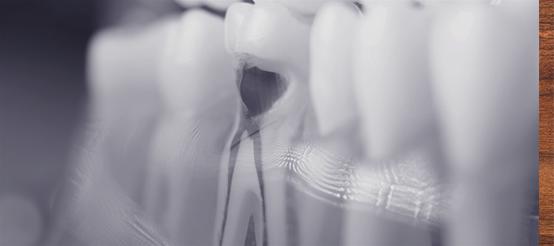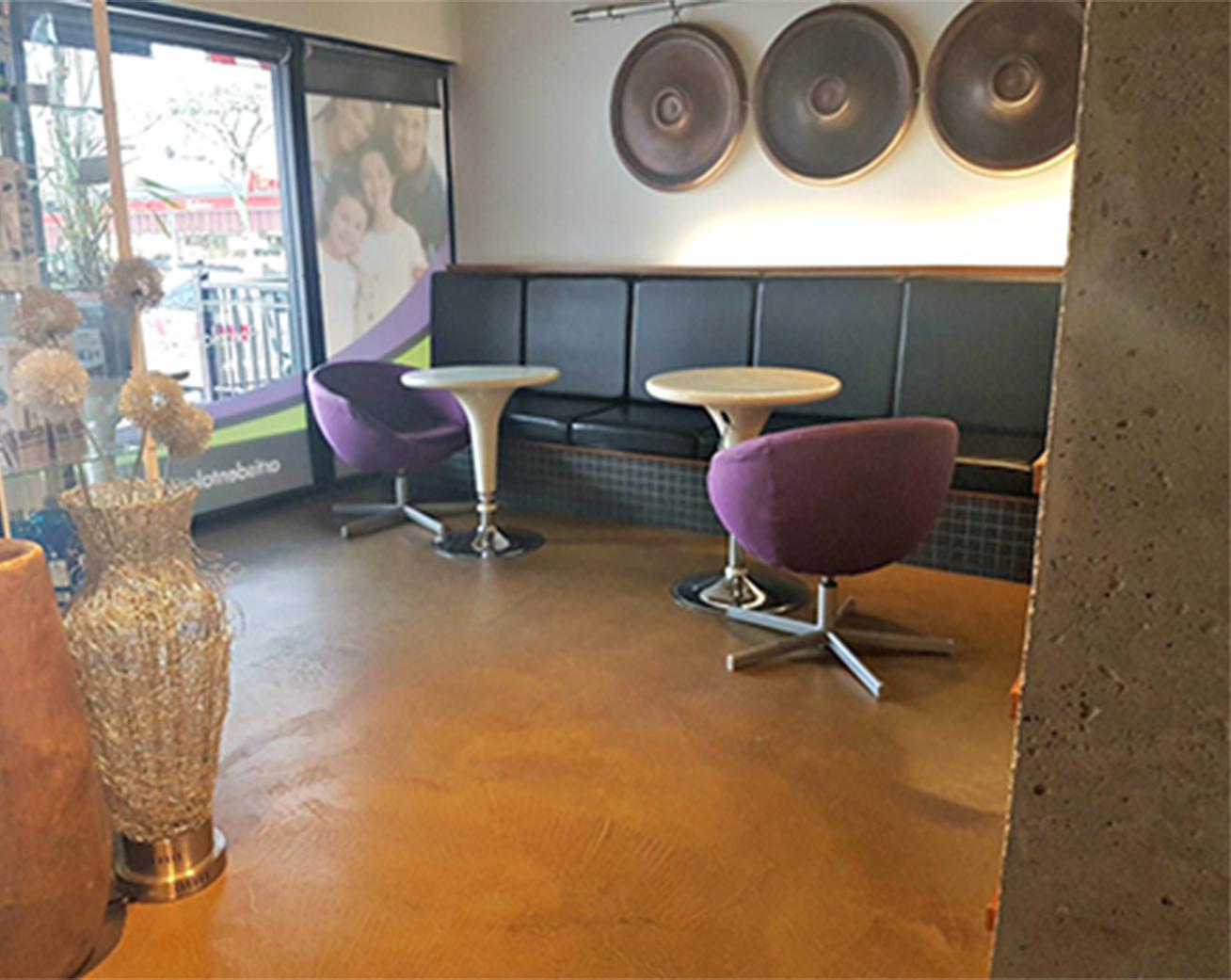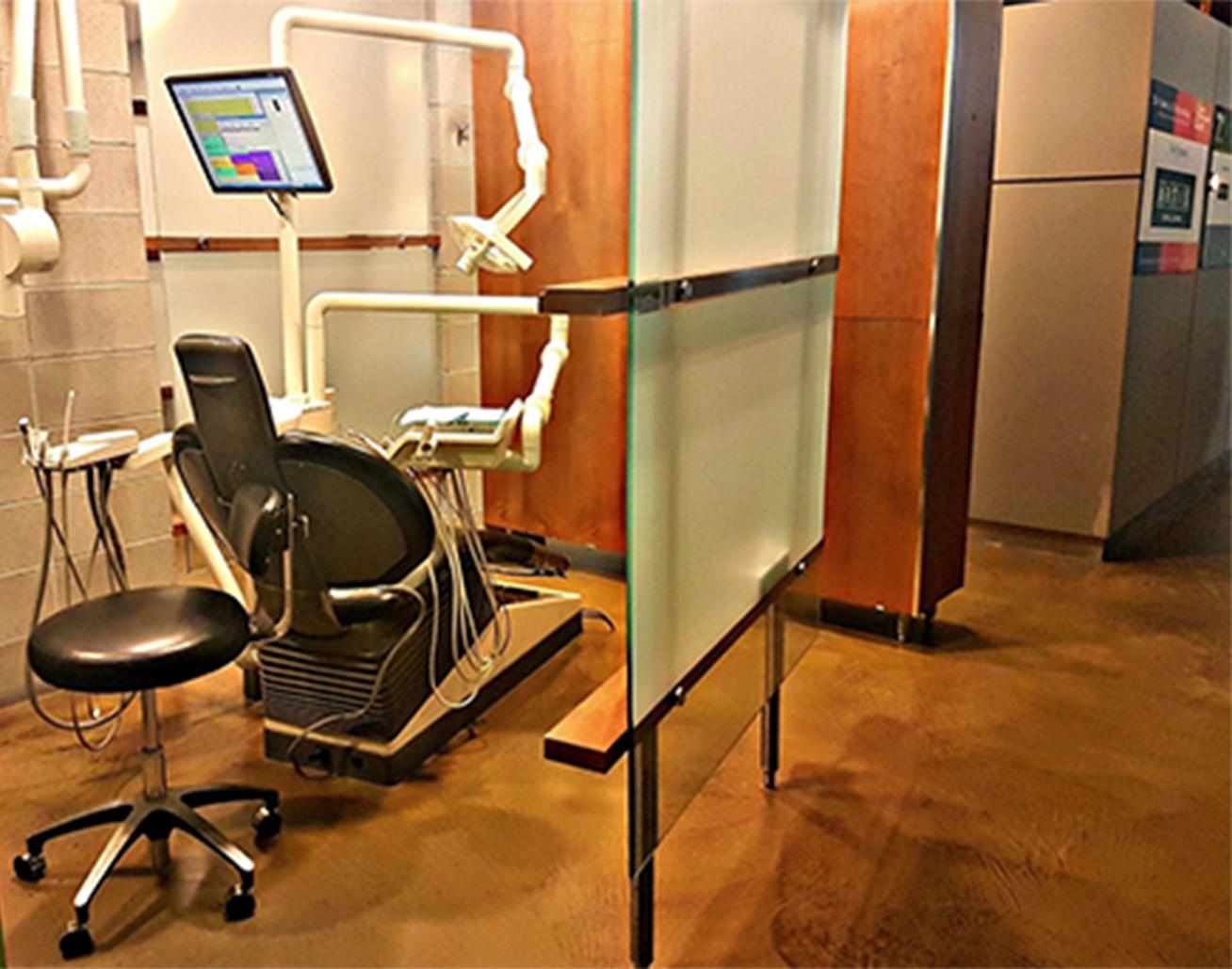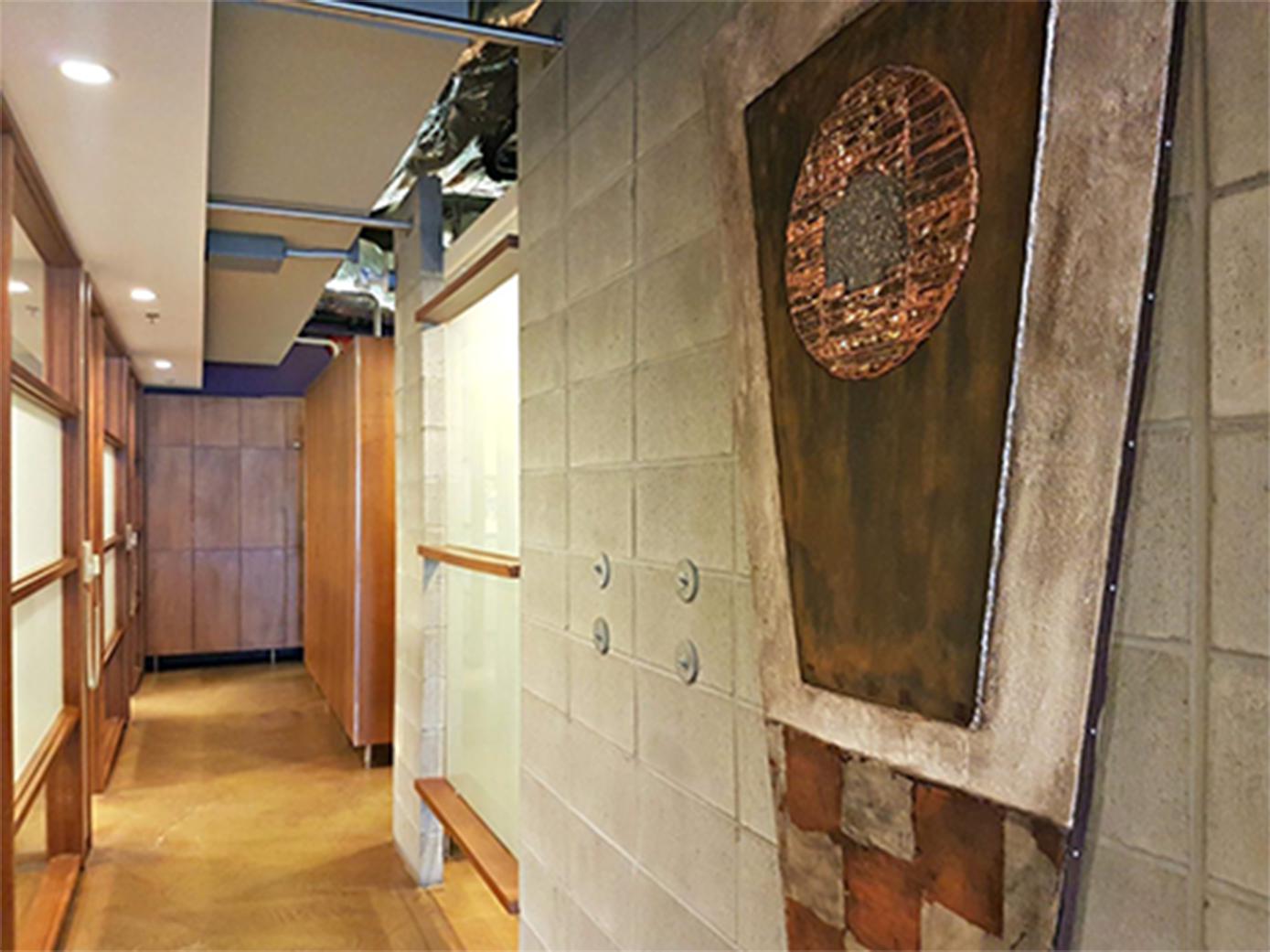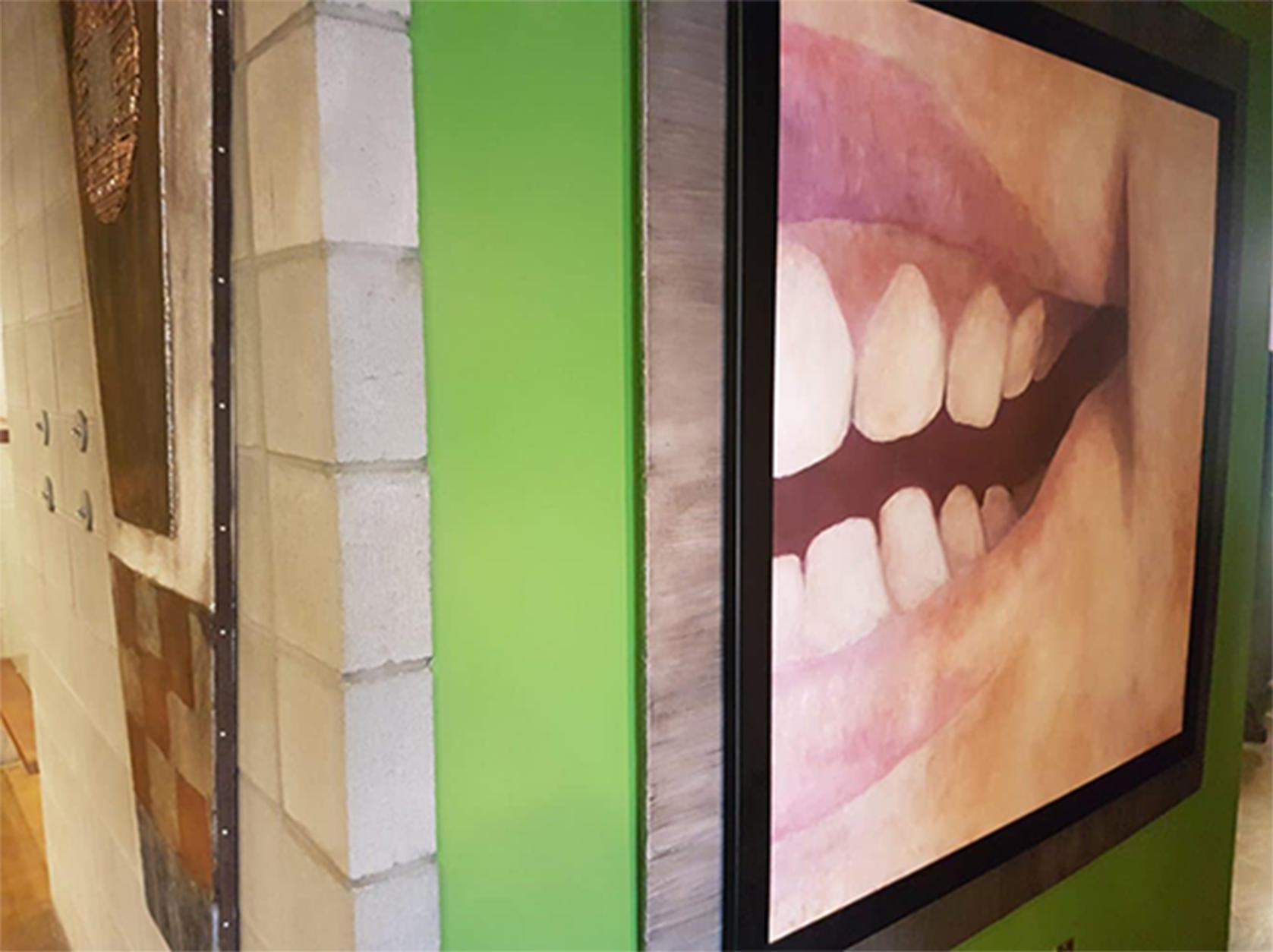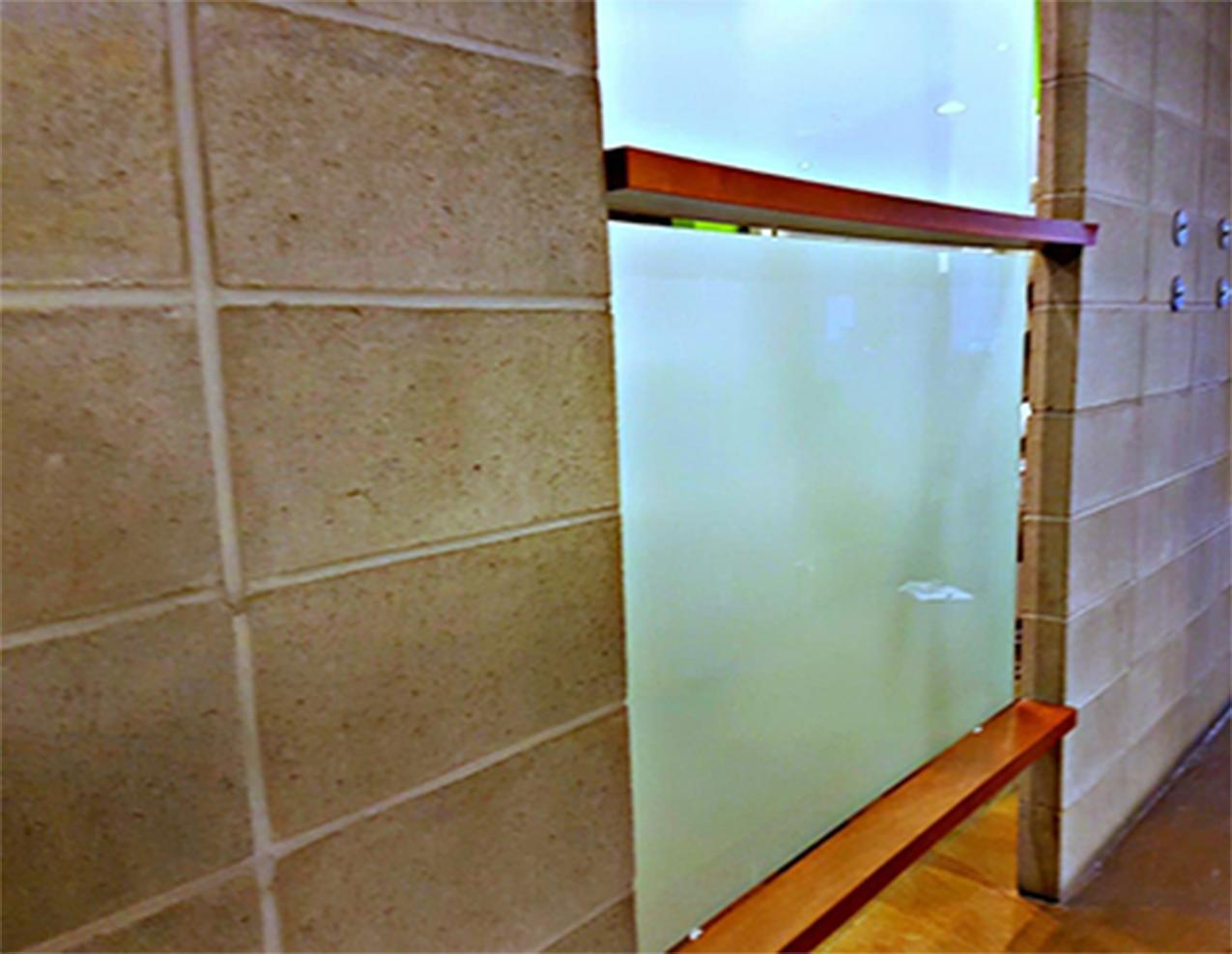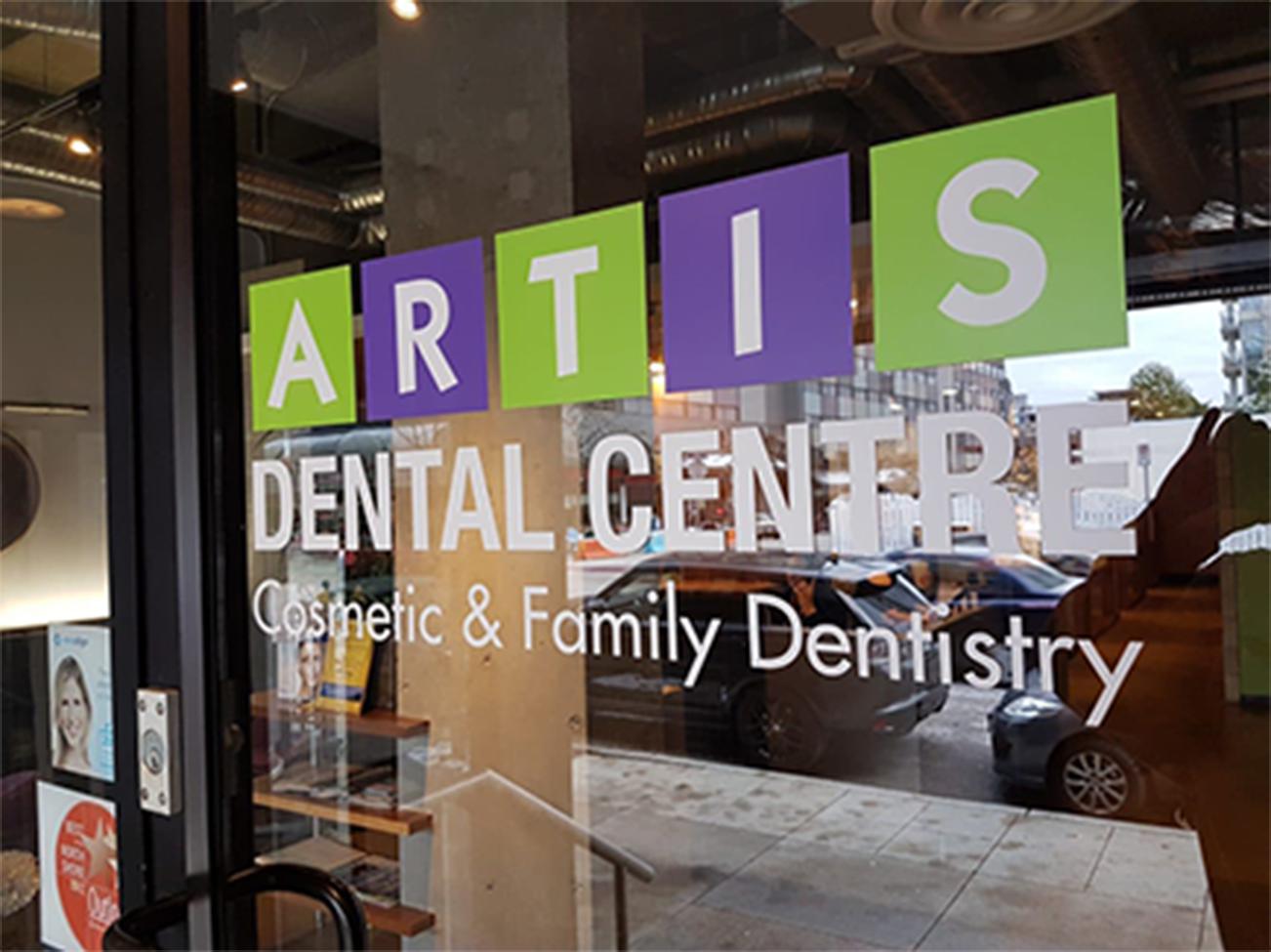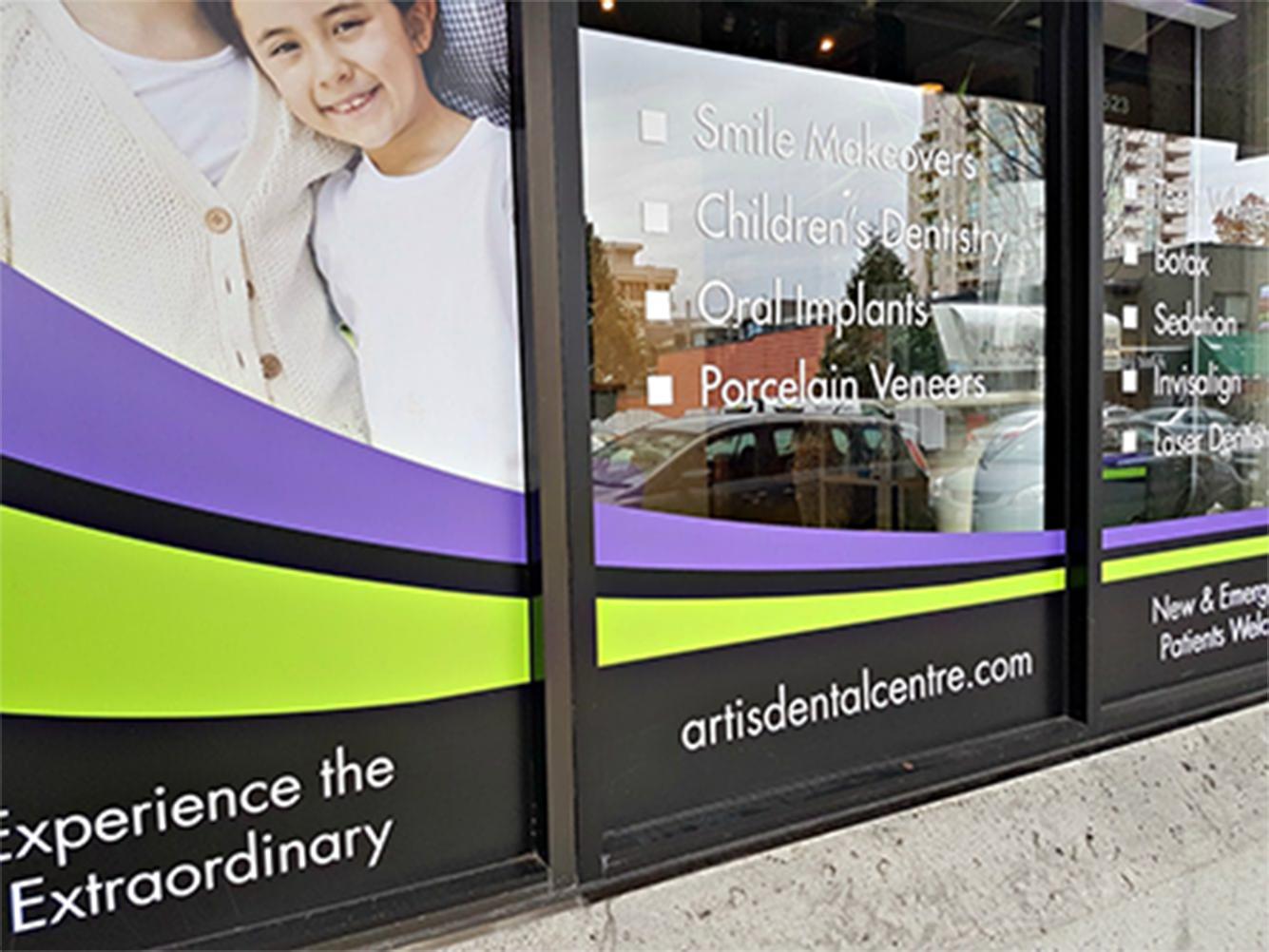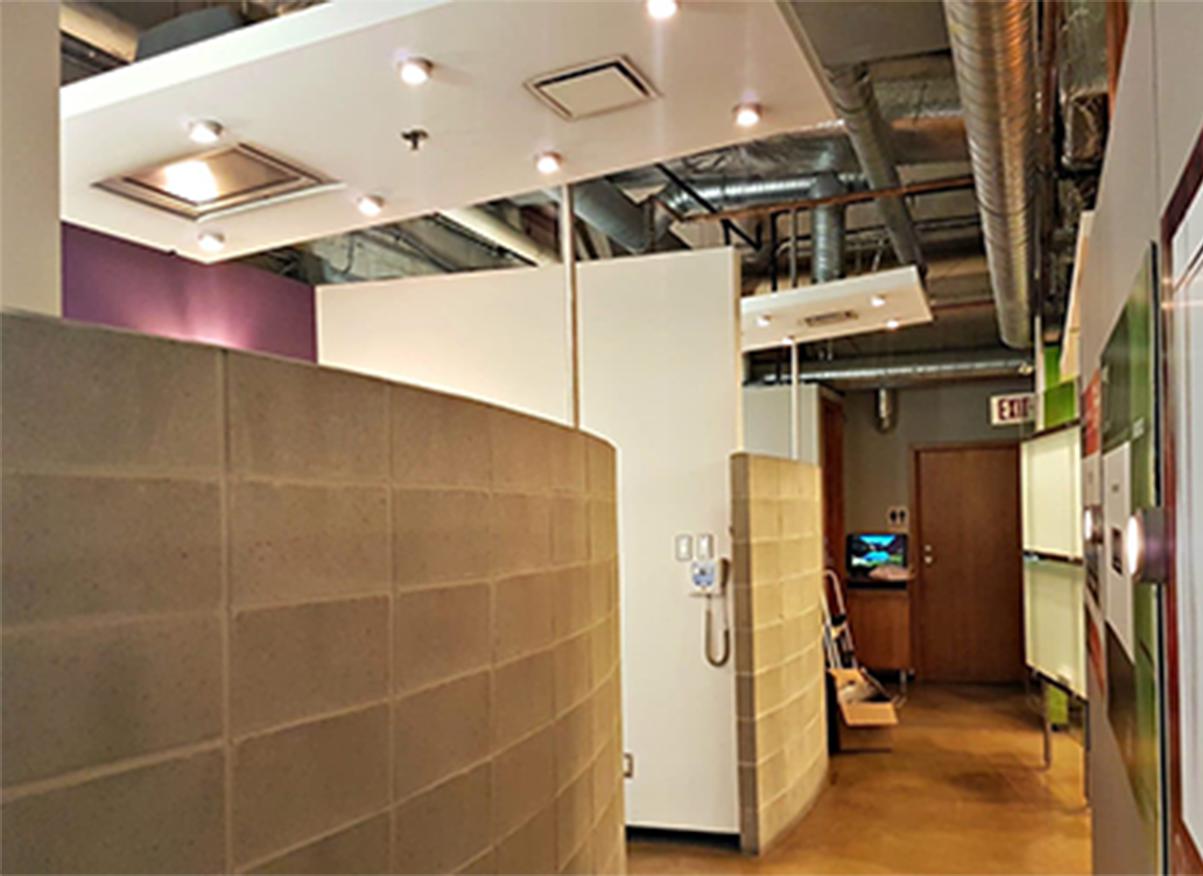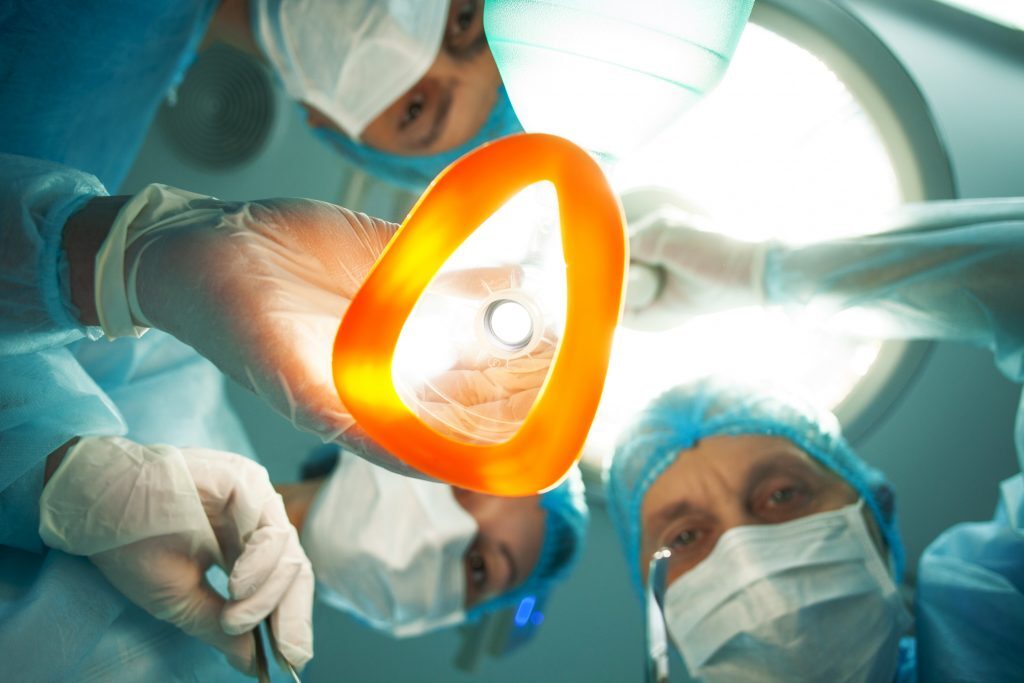
Sometimes things that “go without saying” should really be said. Here are five common-sense tips to prevent the development of dental emergencies. Sometimes things happen that you can never anticipate, but those are the exception. Many dental “emergencies” can be headed off and prevented.
Keep up your daily dental hygiene habits
This may seem mundane, but sometimes the best defence against an urgent crisis is commitment to routine habits. Brushing and flossing won’t protect you from the need for emergency attention for a tooth broken in an accident, but it will prevent the need for emergency treatment for serious tooth infections, cavities, and gum disease. All of those things — infections, cavities, and gum disease — can be prevented by commitment to good daily dental habits and regular visits to your dentist.
Attend check-ups with a dentist near you regularly
While you see parts of your teeth every day in the mirror, there are lots of things going on with your teeth and gums that you just can’t see. During twice annual dental check ups and annual teeth cleanings, your dentist will carefully examine every surface of every tooth, and your gums. Those careful inspections give your dentist early information about potential weaknesses, damages, infection, or disease that, if not detected early, may compel you toward an emergency dentist near you.
Don’t treat your teeth like tools
Teeth are made of incredibly strong material and perfectly suited for strong forces involved in biting, tearing, and chewing food. Strong and well-suited as teeth are for eating, though, they are not well suited for opening packages, tearing plastic, cutting string, or holding hard objects for prolonged periods of time. Innocuous as any of those activities seem, they all place pressure on your teeth and jaw that they’re just not built to sustain. Any time you use your teeth as if they were pliers, scissors, wrenches, or clamps, you run the risk of a serious dental injury that will send you to an emergency dentist near you.
Keep the stress at bay
Speaking of the amounts of pressure that your teeth can sustain…. When you chew food, your teeth sustain pressure somewhere in the range of 20 to 40 pounds per square inch. Your teeth can sustain those pressures for short periods easily. Prolonged pressures that exert multiples of those forces on your teeth, though, can cause serious damage to teeth and dental work.
One of the most common sources of damaged dental work, worn enamel, and broken teeth is the habit that many people have — sometimes unknowingly — of grinding their teeth and clenching their jaw as they sleep. The condition is referred to as sleep bruxism, though it can occur while you’re awake as well (awake bruxism). When you clench your jaw and grind your teeth, those teeth are exposed to pressure of 250 pounds per square inch or more — sometimes for hours at a time.
While there are many causes and risk factors for sleep bruxism, one of the most common is stress. To avoid the urgent need to visit an emergency dentist in New Westminster, try and reduce personal stress and stress on your teeth. To reduce personal stress, try getting regular exercise, therapy for emotional problems, or participating in yoga or getting a massage. To ease the stress on your teeth, ask a dentist near you to provide you with a night guard to protect your teeth from clenching and grinding as you sleep.
Eat with caution
One of the most common causes of cracked teeth is biting down on something unexpected. Two frequent culprits are pieces of shell and hidden bones. Foreign objects are another cause but, thankfully, don’t show up in food as often as shells and bones. When preparing your own food, take the time to remove any hard items that don’t belong. When eating — whether the food you prepared yourself or in a restaurant or as a guest — eat slowly and carefully to avoid suffering cracked and chipped teeth. There is an emergency dentist in New Westminster standing by to help you through any crisis that might arise. Prepared as they are, though, no emergency dentist near you wants to be overwhelmed with emergencies. Follow these tips to reduce the risks of emergencies but don’t hesitate to get urgent dental attention when the unavoidable strikes.




